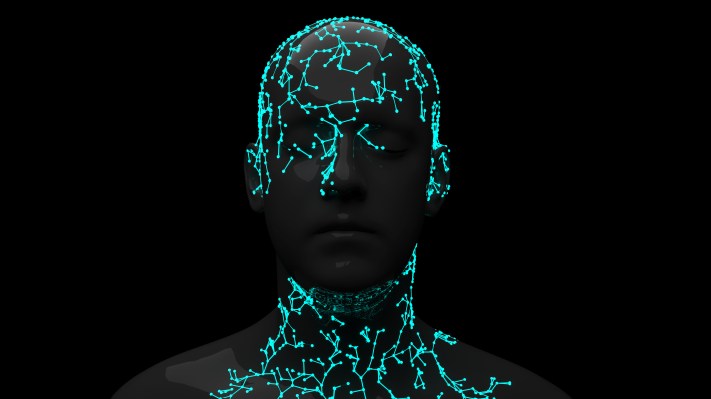Controversial facial recognition startup Clearview AI violated Canadian privacy laws when it collected photos of Canadians without their knowledge or permission, the country’s top privacy watchdog has ruled.
The New York-based company made its splashy newspaper debut a year ago by claiming it had collected over 3 billion photos of people’s faces and touting its connections to law enforcement and police departments. But the startup has faced a slew of criticism for scraping social media sites also without their permission, prompting Facebook, LinkedIn and Twitter to send cease and desist letters to demand it stops.
In a statement, Canada’s Office of the Privacy Commissioner said its investigation found Clearview had “collected highly sensitive biometric information without the knowledge or consent of individuals,” and that the startup “collected, used and disclosed Canadians’ personal information for inappropriate purposes, which cannot be rendered appropriate via consent.”
Clearview rebuffed the allegations, claiming Canada’s privacy laws do not apply because the company doesn’t have a “real and substantial connection” to the country, and that consent was not required because the images it scraped were publicly available.
That’s a challenge the company continues to face in court, as it faces a class action suit citing Illinois’ biometric protection laws that last year dinged Facebook to the tune of $550 million for violating the same law.
The Canadian privacy watchdog rejected Clearview’s arguments, and said it would “pursue other actions” if the company does not follow its recommendations, which included stopping the collection on Canadians and deleting all previously collected images.
Clearview said in July that it stopped providing its technology to Canadian customers after the Royal Canadian Mounted Police and the Toronto Police Service were using the startup’s technology.
“What Clearview does is mass surveillance and it is illegal,” said Daniel Therrien, Canada’s privacy commissioner. “It is an affront to individuals’ privacy rights and inflicts broad-based harm on all members of society, who find themselves continually in a police lineup. This is completely unacceptable.”
Doug Mitchell, an attorney for Clearview, said:
“Clearview AI’s technology is not available in Canada and it does not operate in Canada. In any event, Clearview AI only collects public information from the Internet which is explicitly permitted under PIPEDA. The Federal Court of Appeal has previously ruled in the privacy context that publicly available information means exactly what it says: ‘available or accessible by the citizenry at large.’ There is no reason to apply a different standard here. Clearview AI is a search engine that collects public data just as much larger companies do, including Google, which is permitted to operate in Canada.”
Updated with comment from Clearview AI.
